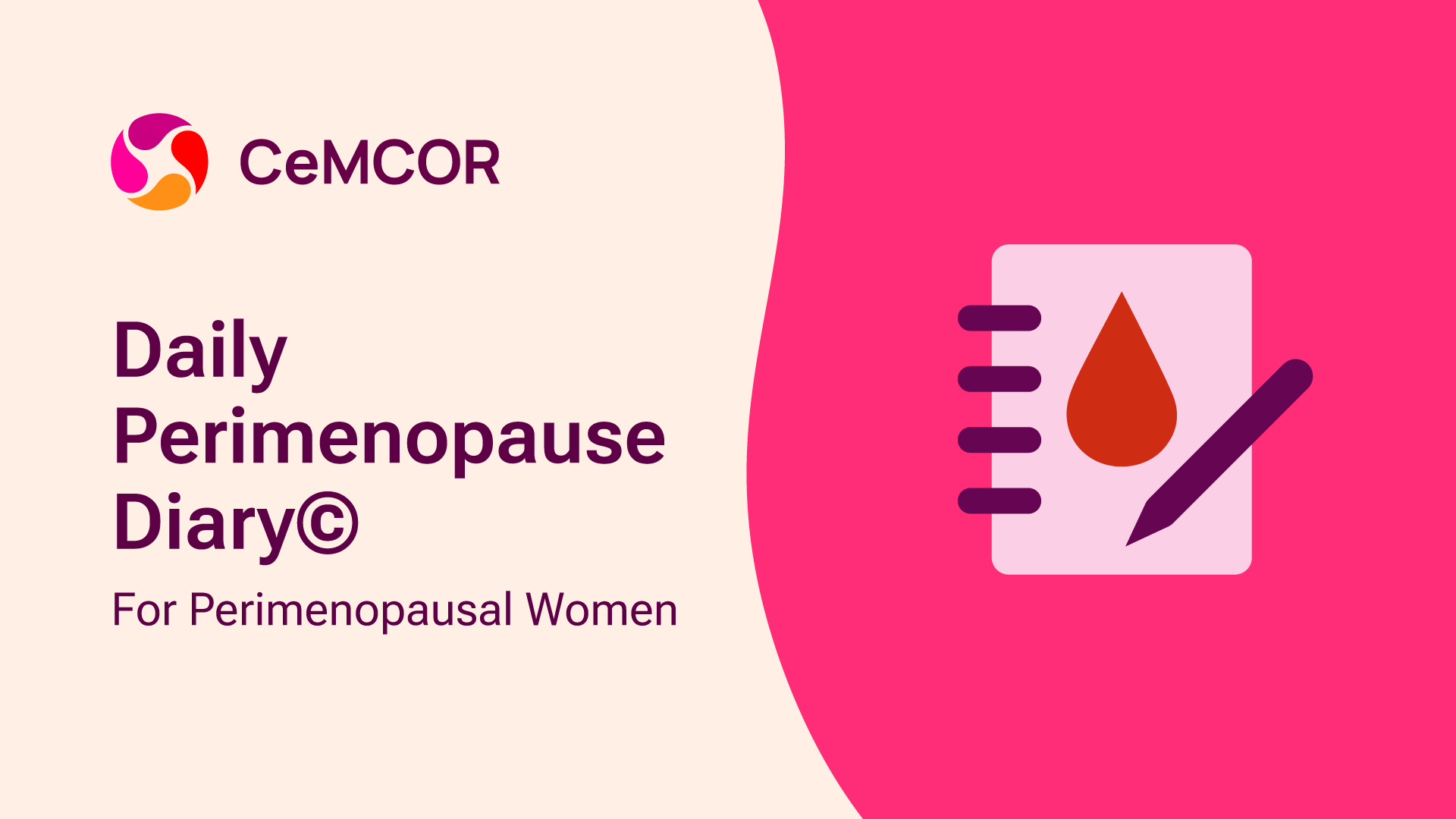Tools & Resources
We have developed a number of tools and resources that you may find helpful
Tools
The Daily Diary
Keep track of your cycles and experience daily to test the effects of therapies and communicate with doctors.
Ovulation Tracker
Use our Quantitative Basal Temperature (QBT) tool to help determine when you are ovulating.
Featured Resource
Explore Resources
-
Stopping Estrogen Treatment (Sometimes called “HRT”)
Daily Progesterone therapyEstrogen treatment -

The ABCs of Osteoporosis Prevention for Women in Midlife
Osteoporosis and bone health -
The Estrogen Errors: Why Progesterone Is Better for Women’s Health
Daily Progesterone therapyEstrogen treatment -
A Positive View of Women’s Exercise, Menstrual Cycles and Ovulation
Ovulation and menstrual cycles -
For Healthcare Providers: Managing Menorrhagia Without Surgery
Daily Progesterone therapyHeavy flow
Glossary
Visit the Glossary to learn more about the specific terms used on this website.
-
Progesterone
An important ovarian hormone produced by the ovaries following ovulation during the menstrual cycle. Progesterone rises 1400 percent over a week from the midcycle to its peak during the luteal phase. It acts on specific receptors in every tissue in the body in which estrogen acts. Its primary job is to cause differentiation (maturation) and to stop the proliferation (growth) caused by estrogen. Progesterone causes the endometrium to become secretory and able to accept and nurture a fertilized egg. If fertilization does not occur estrogen and progesterone levels decrease and a period results.
-
Estrogen receptor positive
Refers to cells in breast cancer that are stimulated by estrogen to grow and undergo proliferation.
Publications
Sedentary behavior does not predict low BMD nor fracture—population-based Canadian Multicentre Osteoporosis Study
Journal of Bone and Mineral Research, Volume 39, Issue 3, March 2024, Pages 231–240
Validity of self-reported endometriosis: a comparison across four cohorts
Human Reproduction, Volume 36, Issue 5, May 2021, Pages 1268–1278


